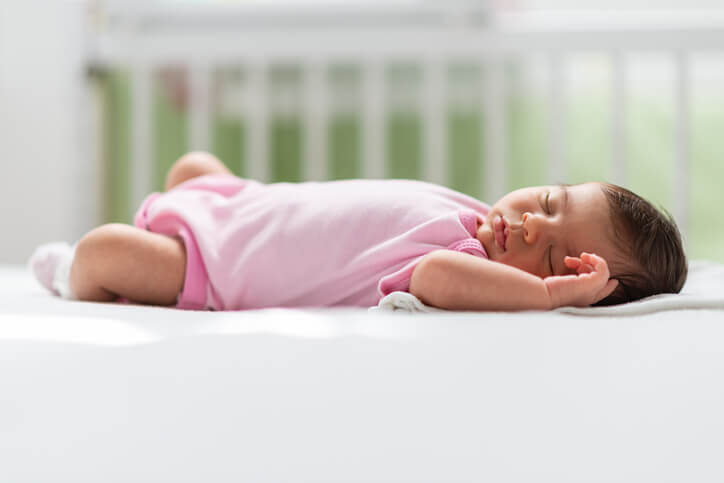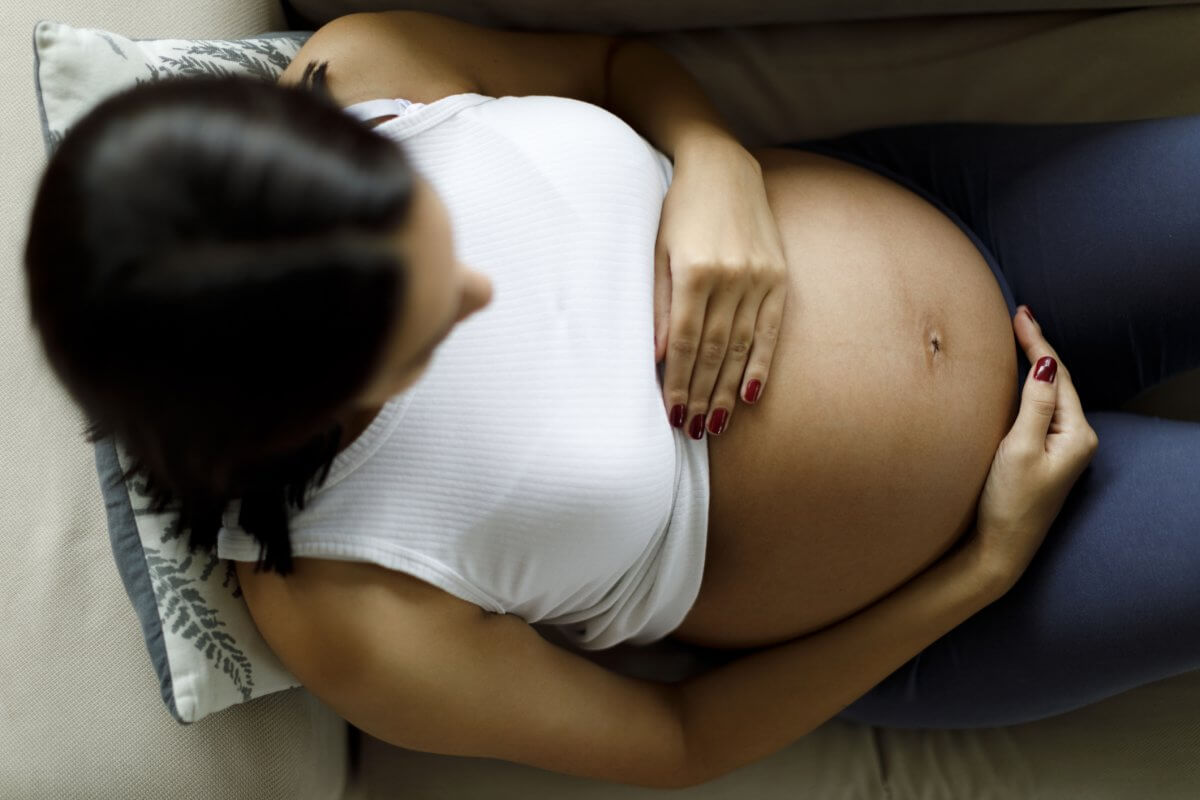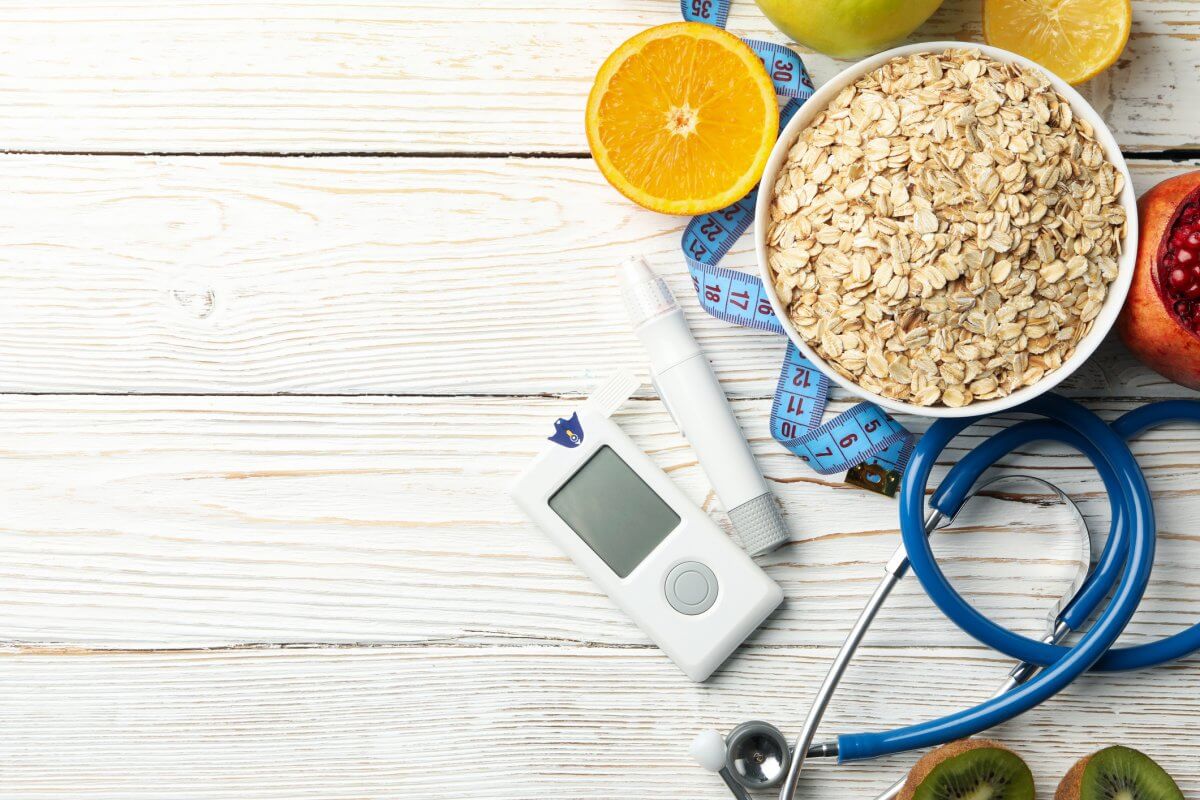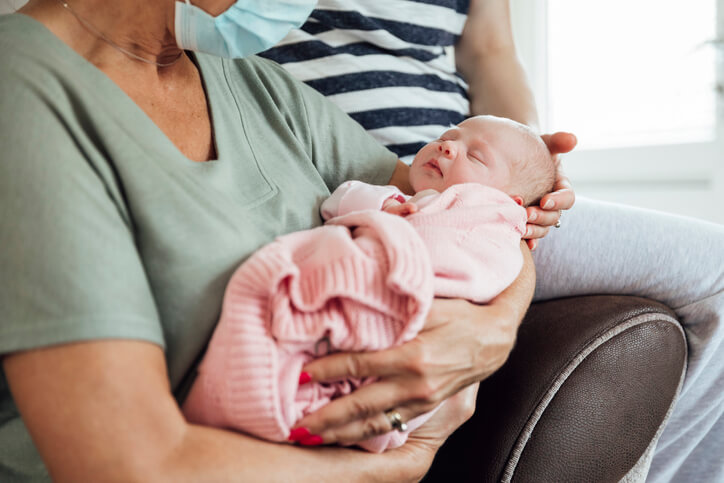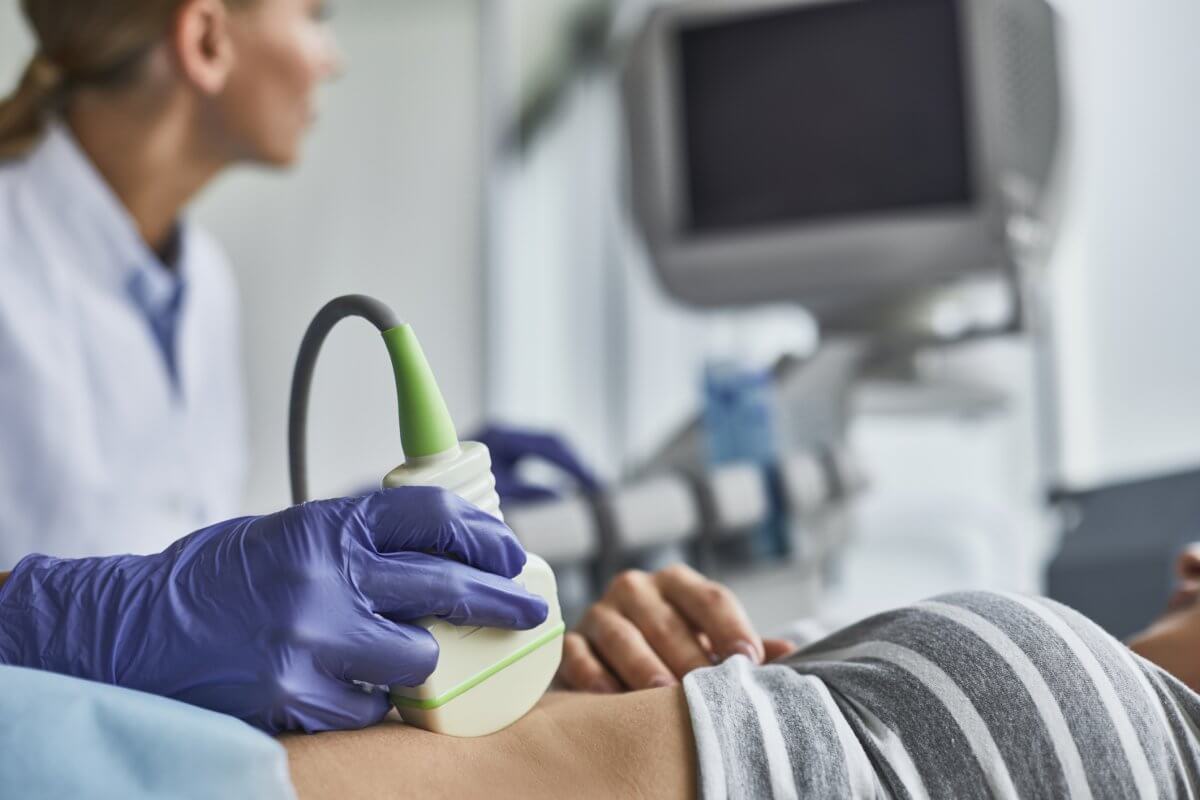Bringing your baby home is one of the most exciting parts about becoming a new parent. But figuring out your insurance details? Not so much.
While insurance is often a confusing process, surrogacy insurance is even trickier — especially if you’re an international intended parent. Every insurance company has their own polices about how they will cover a surrogate pregnancy, and every situation is different, which makes it hard to figure out what you need for your gestational surrogacy.
If you’re like most families, then you’ve probably got a lot of questions. We plan to answer them in this guide to newborn insurance for international intended parents and surrogacy insurance for domestic parents. However, please speak with your insurance provider for the most accurate and personal advice.
Do Domestic Intended Parents Need to Purchase Newborn Insurance?
This is often the first question intended parents ask about their insurance when they live in the United States. If you have to purchase an extra policy for your gestational surrogate, then it’s natural to wonder if you need to purchase newborn insurance for your baby, as well.
The good news is that, as a domestic intended parent pursuing surrogacy in the United States, you don’t need to worry about this extra step. The insurance you already have will cover your baby at birth, so you shouldn’t have to look elsewhere for your baby’s coverage.
The process of adding your child to your insurance may vary from provider to provider. We encourage you to reach out to your provider early on to ensure your child is adequately covered after they are born.
As a domestic intended parent, you may only have to worry about buying an extra policy for your gestational surrogate, if necessary. Your gestational carrier will usually have her own insurance separate from yours, and she may be able to get some coverage for her medical expenses. In the event that she can’t, surrogacy insurance is a separate policy intended to cover her medical costs.
Keep in mind that any out-of-pocket medical costs incurred will be your responsibility as the intended parent. Your gestational surrogate will never be financially responsible for any medical costs for your newborn baby.
Your surrogacy specialist will go over the ins and outs of your policy in more detail before you begin. Before you buy separate surrogacy insurance, reach out to your specialist first. They will assess your own insurance coverage and inform you of any additional required costs.
What About International Intended Parents?
Becoming an international intended parent is exciting, but figuring out insurance for another country can be confusing — especially in the United States.
Because international intended parents’ insurance won’t carry over to the United States, newborn insurance is typically purchased in these journeys. When you’re an international intended parent, it is your responsibility to ensure that your newborn has coverage in the U.S. from the moment of birth.
Newborn claims and expenses can be the most overwhelming part of the process for parents who do not have coverage in the United States. Insurance is already tricky enough for domestic parents, so you’re not alone if you’re confused.
After your child is born, you should be soaking up every minute with your little one — not on the phone dealing with hospitals and providers. Buying newborn insurance in advance takes some of the weight off your shoulders. Surrogacy is already expensive enough, so make sure that you have your insurance sorted out to save as much money as possible.
While American Surrogacy only works with domestic intended parents, there are many surrogacy agencies that work with international families. To learn more about newborn insurance for international surrogacy, please contact one of the following professionals.
Where Can I Find Newborn Insurance as an International Intended Parent?
When you travel to the United States, there are several options for purchasing newborn insurance before your baby is born. Because there are many different types, research your options to figure out which one is right for you. Below are a few that you might consider:
- Expat insurance: If you’re already a U.S. citizen and living abroad, there are options that will cover you and your newborn when you return to the United States.
- Travel insurance: If you’re traveling in the U.S., consider travel insurance for you and your baby. Some companies, like Allianz, require both parents be insured., require both parents be insured.
- Newborn resource plan: If you’re only planning on insuring your newborn, you can use a newborn resource plan, such as the International Newborn Care Card. Be aware, however, that this is technically not insurance. This card only allows for significant discounts on any claims. There is no cap on the financial responsibility of the parent, and it is your responsibility to pay for any additional costs. This card also excludes any and all claims related to your surrogate. Another option for newborn insurance is a discounted hospital cash payment. An insurance broker can help you determine which option is less expensive.
It is important that you speak with an insurance representative to understand the specifics of each plan and to decide what is best for you.
Get the Protection You Need for Your Surrogacy Journey
We know that insurance can be confusing while you’re in another country or in the United States. But making sure that you have the right protection is imperative to making sure that your baby and your surrogate are covered during this journey. The last thing that you want to do is pay more than you have to.
You may gain valuable insights on this process and other aspects of the surrogacy process from other intended parents and parents through surrogacy. You can connect with others going through the process on our social media sites.
If you have any questions at all about insurance as a domestic intended parent, please don’t hesitate to reach out to one of your surrogacy specialists, your attorney or an insurance representative. They want to help you save as much as you can during this journey so that you can put it toward what’s important: your new family.
